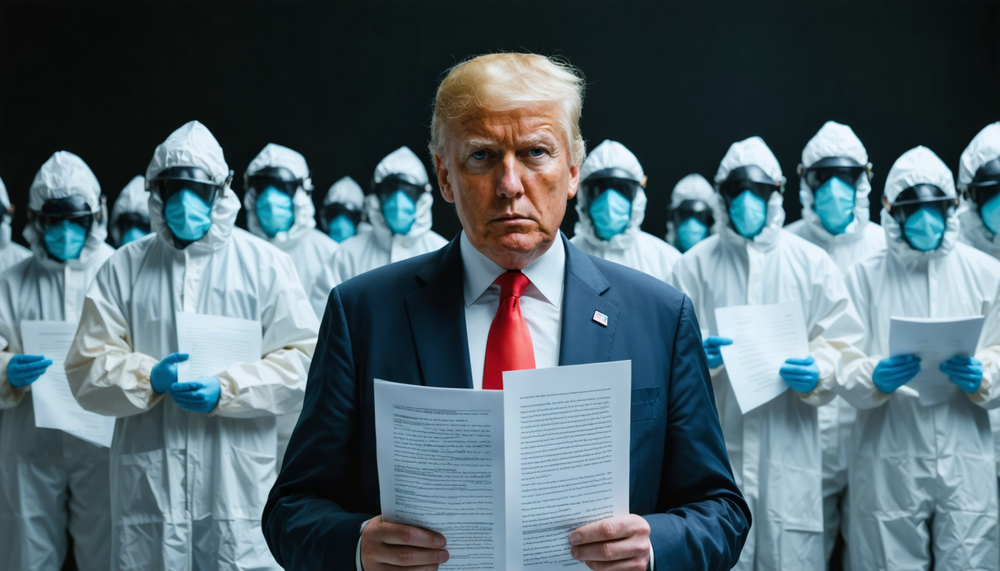Robert F. Kennedy Jr., a leading figure in the vaccine skepticism movement, has once again found himself at the center of a contentious debate over the efficacy and safety of vaccines. Although RFK Jr. has consistently questioned vaccine science, there was a moment where many thought he might change his stance—when he was presented with the evidence he claimed was absent.
The Science Presented
In a significant meeting aimed at addressing his concerns, top scientists gathered to present RFK Jr. with a comprehensive set of data showcasing the safety and effectiveness of various vaccines. The evidence included decades of research, peer-reviewed studies, and statistical data supporting the immunization policies widely accepted in the scientific community today.
RFK Jr.’s Response
Surprisingly, upon reviewing the data, RFK Jr. dismissed the evidence as insufficient or biased. This reaction was unexpected to those hoping that a direct encounter with such a thorough body of work might shift his views. RFK Jr.’s dismissal has fueled ongoing public discourse on how scientific evidence is perceived and interpreted in broader societal conversations.
Public Discourse and Impacts
According to Orange County Register, this incident has sparked a wider debate on the role of scientific literacy in public health discussions. Those supporting the scientific consensus on vaccines are concerned about the implications of a public figure turning a blind eye to copious evidence, potentially emboldening other skeptics. This highlights the ongoing challenge of conveying scientific information to people unconvinced by empirical data.
The Persistence of Vaccine Skepticism
Despite overwhelming scientific consensus, vaccine skepticism perseveres. RFK Jr.’s latest response is emblematic of a broader issue where personal belief or anecdote often outweighs empirical evidence in public opinion. This situation demonstrates the critical need for continuous education and dialogue in bridging the gap between scientific communities and the public.
Moving Forward
As public health advocates work tirelessly to reinforce the importance of vaccines, RFK Jr.’s stance reaffirms the necessity for patience, education, and understanding in the fight against misinformation. By fostering open discussions and presenting information transparently, there’s hope that more individuals will embrace science as a tool for better health decisions.
This case serves as a reminder that information alone may not sway opinion, especially when entrenched beliefs play a significant role. Understanding this dynamic can help shape strategies to communicate scientific truths effectively in the future.













